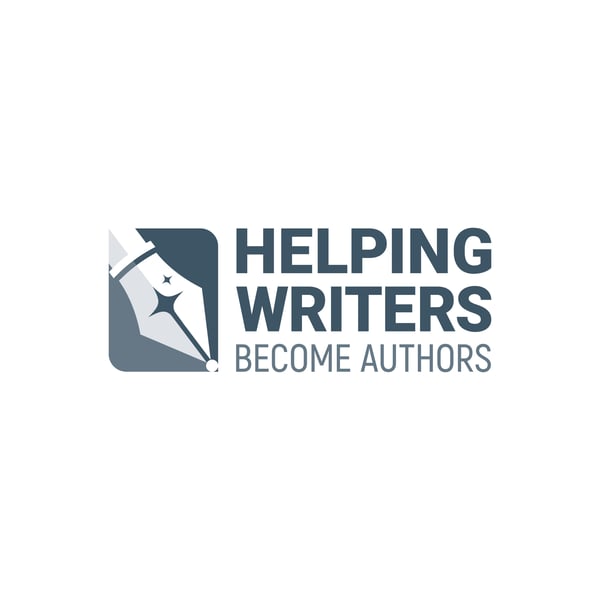S16:E39: Antagonist vs. Villain: What's the Difference?
Helping Writers Become Authors
K.M. Weiland
4.8 • 1K Ratings
🗓️ 11 November 2024
⏱️ 17 minutes
🧾️ Download transcript
Summary
Understanding the difference between antagonist vs. villain. Explore the complex dynamics that go beyond typical storytelling conventions.
Transcript
Click on a timestamp to play from that location
| 0:00.0 | Welcome to the Helping Writers Become Authors podcast. I'm K.M. Weilland, and I am here to take you |
| 0:07.8 | deep with story theory, writing techniques, and the incredible wisdom of story. I believe story is the |
| 0:14.9 | greatest power on this earth, and that as writers, we carry the torch of wielding that power with responsibility, passion, |
| 0:23.6 | and skill. There is no such thing as just a story. Today, it is my honor and my purpose to help you |
| 0:31.3 | write your best story, astound the world, and maybe change your life. |
| 0:38.1 | Hello and welcome. You are listening to Antagonist versus Villain. What's the difference? |
| 0:45.7 | Is the antagonist always the bad guy? So often we use the terms interchangeably, but this practice |
| 0:53.2 | can lead to confusion about the true function |
| 0:56.0 | of the antagonistic force within a story. Contrary to common parlance, the antagonist versus |
| 1:03.1 | villain dynamic isn't a straightforward equation. Although the roles often overlap, a character |
| 1:09.3 | can be an antagonist without being a villain, |
| 1:12.3 | or be a villain without being an antagonist. |
| 1:16.6 | And the same is true for protagonist versus hero. |
| 1:20.0 | Although many writers use the terms interchangeably, the truth is obvious. |
| 1:24.6 | Not all protagonists are heroic, just as not all antagonists are villainous. |
| 1:30.4 | In fact, as I often point out, it is entirely possible for your protagonist to be the most morally |
| 1:36.4 | objectionable person in your story, while your antagonist is the most morally upright. |
| 1:42.8 | We see this in stories such as Catch Me If You Can, in which |
| 1:45.8 | the protagonist is a con man, and the antagonist is the FBI agent trying to stop him. |
| 1:52.3 | This is an important distinction. For one thing, it allows writers to step out of the boxes |
| 1:57.9 | they may sometimes feel they have to cram characters into. |
| 2:01.8 | Allowing stories to explore morally gray areas not only deepens thematic opportunities, |
... |
Please login to see the full transcript.
Disclaimer: The podcast and artwork embedded on this page are from K.M. Weiland, and are the property of its owner and not affiliated with or endorsed by Tapesearch.
Generated transcripts are the property of K.M. Weiland and are distributed freely under the Fair Use doctrine. Transcripts generated by Tapesearch are not guaranteed to be accurate.
Copyright © Tapesearch 2025.

